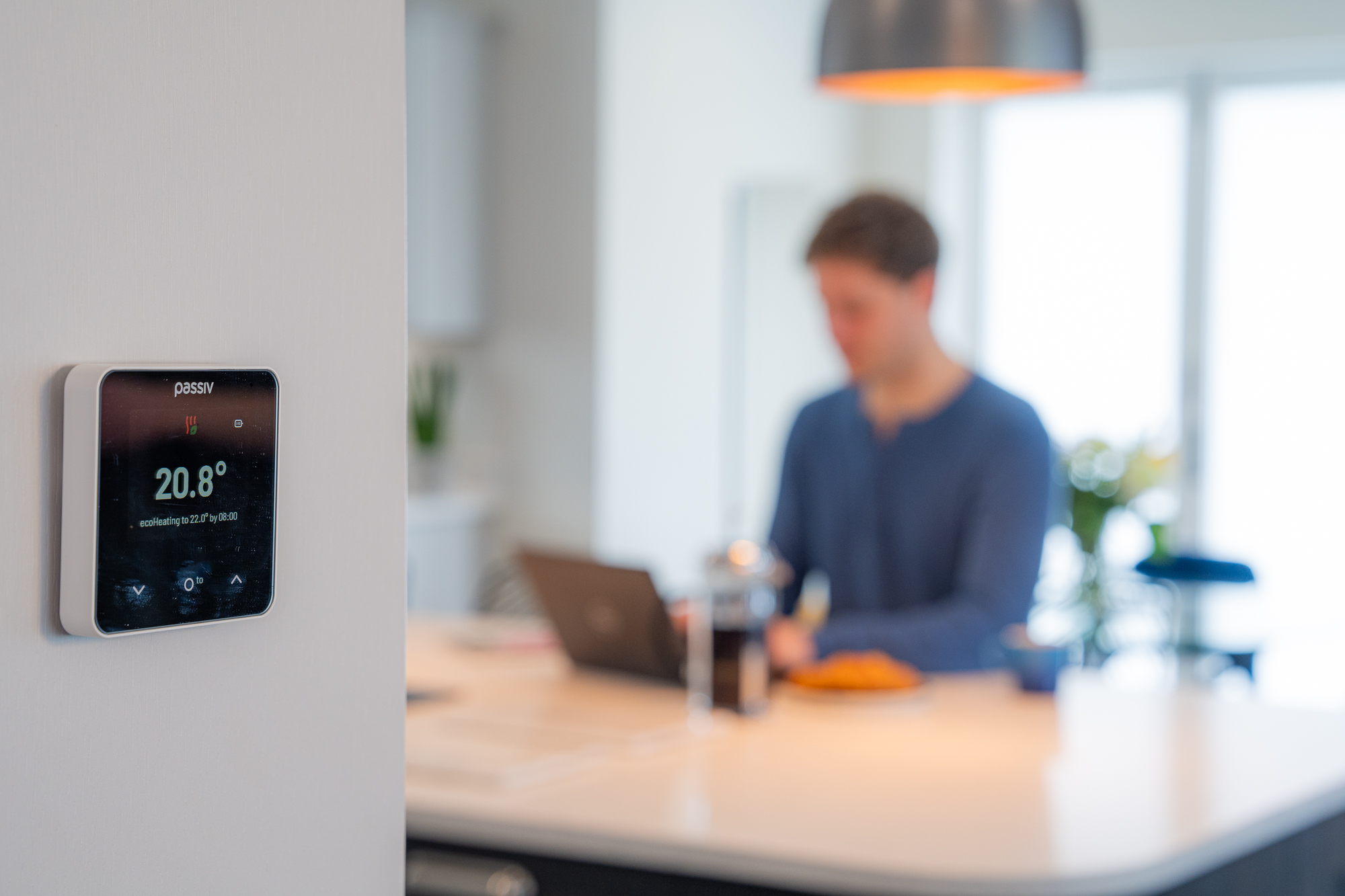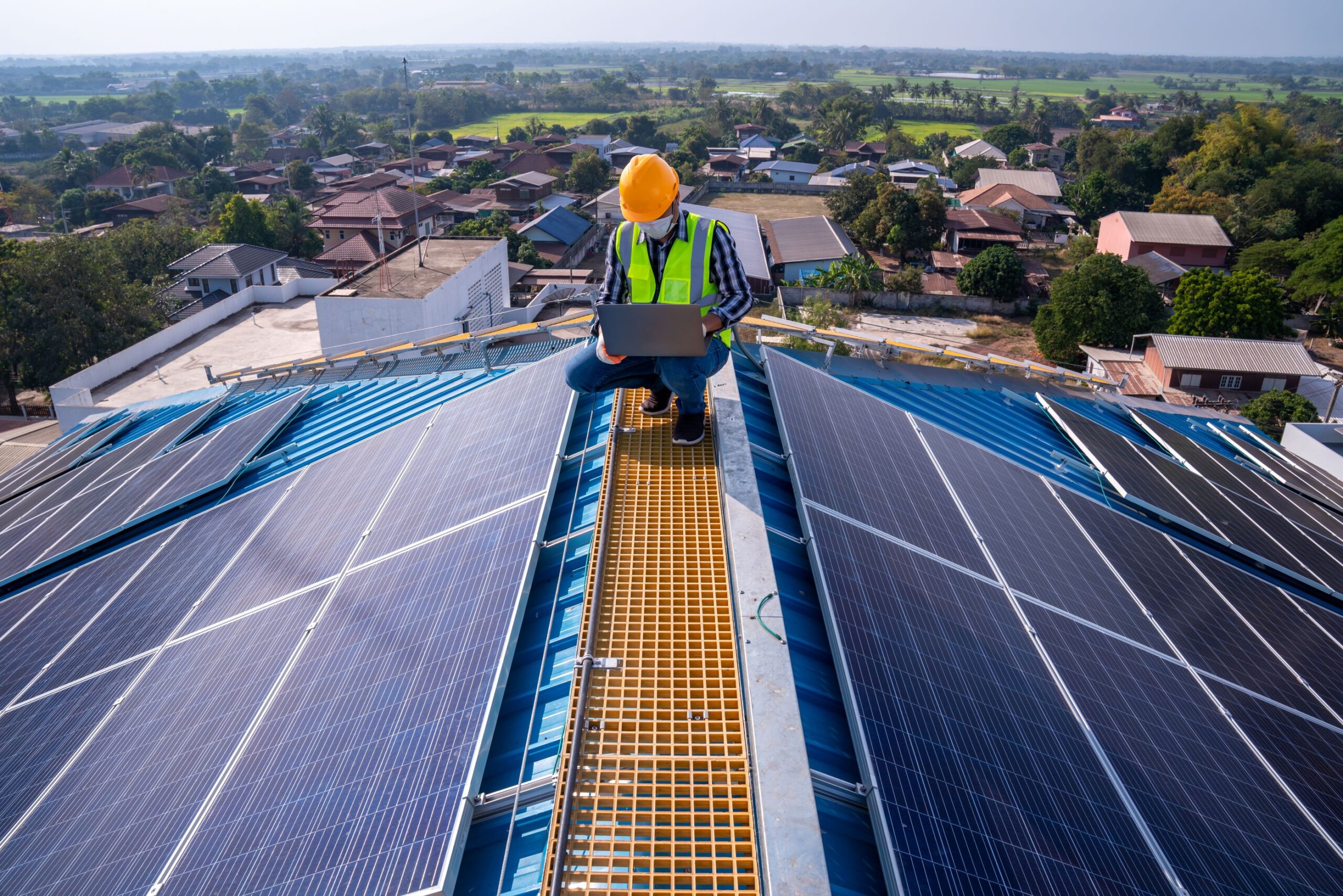How Smart Thermostats Align with the UK’s Low-Carbon Heating Future

The UK government’s recent announcement on new smart appliance standards aligns seamlessly with the growing emphasis on low-carbon heating solutions, particularly in the context of the Future Homes Standard.
For installers and homeowners, this convergence underscores the importance of integrating advanced smart controls into heating systems.
Government’s Push for Smart Appliance Integration
As part of the Clean Power Action Plan, the government mandates that new heat pumps and certain electric heating appliances be sold with smart functionality.
This requirement enables consumers to activate features that allow appliances to respond to price signals, optimising energy use during off-peak times and potentially saving around £100 annually compared to traditional gas boilers.
Additionally, these appliances must be interoperable across different suppliers, fostering competition and providing consumers with the flexibility to choose the best energy deals.
The Value of Smart Thermostats
In this evolving regulatory landscape, smart thermostats – especially those designed specifically for heat pump systems – play a vital role.
One example is the Passiv Smart Thermostat, which can improve a heat pump’s Coefficient of Performance (COP) by up to 17%, as verified by the Energy Saving Trust. In addition, users can benefit from financial incentives, such as earning up to £100 per year by allowing their systems to respond to grid demand events.
Beyond these direct benefits, the latest generation of smart heating controls offer simplified installation for professionals by eliminating tasks like setting weather compensation curves – reducing time and complexity on-site.
At the same time, user-friendly design and smart app integration give homeowners greater convenience and control over their energy use.
Implications for Installers and Homeowners
For installers, adopting smart thermostats not only align with regulatory requirements but also enhances service offerings.
The integration of such systems can lead to increased customer satisfaction, reduced call-backs, and potential new revenue streams through services like remote monitoring and performance-based guarantees.
Homeowners benefit from improved energy efficiency, lower heating costs, and the flexibility to choose energy suppliers that offer the best deals.
The ability to control heating systems remotely adds an extra layer of convenience and personalisation.
The intersection of government policy and technological advancements in smart heating controls presents a significant opportunity for both installers and homeowners. By embracing these solutions, stakeholders can contribute to a more sustainable and cost-effective heating future.
Insight Article: Ian Rose, Sales & Strategy Director at Passiv UK

